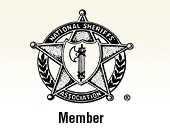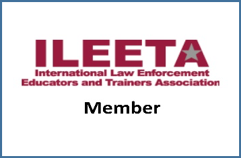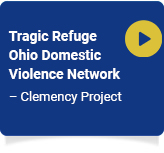

"Your dedication to this issue is making a better and
brighter tomorrow for our nation. I truly value your insight."
- Vice President Joseph R. Biden Jr. (2011)

- Home
- Helpful Links
- Someone You Know
Someone You Know
If you have witnessed, heard or merely suspected a friend, relative or neighbor is being abused you can help by doing the following:
-Ask direct questions, gently.
-Give her/ him ample time to talk.
-Don’t rush into providing solutions.
-Listen without judging. Abused women often believe their abusers’ negative messages. Often they feel responsible, ashamed, and inadequate and are afraid they will be judged.
-Let her/him know it is likely, in spite of his promises, the violence will continue and probably will escalate.
-Let her/him know you support and care about her, she is not responsible for the violence, and only the abuser can stop the violence.
-Emphasize when she is ready, she can make a choice to leave the relationship and help is available.
-Provide her/him with information about local resources such as phone numbers of the domestic violence shelter, hotlines, support groups, counseling, and legal advocates.
-Contact the local hotline or shelter yourself for guidance, support and/or advice.
-She/he may need financial assistance, and help finding a place to live, or store her belongings. She may need assistance to escape. Make the decision if you feel comfortable helping out in these ways.
-Explain that physical violence in a relationship is never acceptable at any time. There is no excuse for the violence – not alcohol or drugs, financial pressures, depression, nor jealousy.
-Make sure she/he knows that they are not alone. Millions of women from every ethnic, racial, and socioeconomic group suffers from abuse and many women find it difficult to leave.
-Also explain that domestic violence is a crime, just like robbery or rape. Let her know she/he can seek protection from the police and the justice system.
-If she/he has children, reinforce their concerns for them by letting her/him know that domestic violence is also damaging to children. In fact, you may also want to reach out to the children, and let them know you are there for them.
-If she/he is planning to leave, remind them to take important papers with them such as birth certificates, health insurance documents, etc.
-If she/he chooses to remain in the relationship, continue supportive while at the same time firmly communication to her/him they and the children do not deserve to live in this violent situation.
-If you see or hear an assault in progress, call the police immediately because these assaults are often dangerous, but do not physically intervene.






Mark Wynn Consulting | info@markwynn.com | 2500 Murfreesboro Road - Suite 105 - PMB 135 | Nashville, TN 37217
Phone: (615) 360-3994 | Fax: (615) 469-0823




